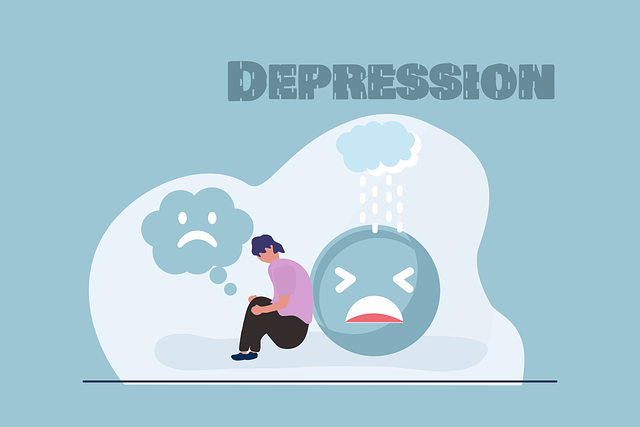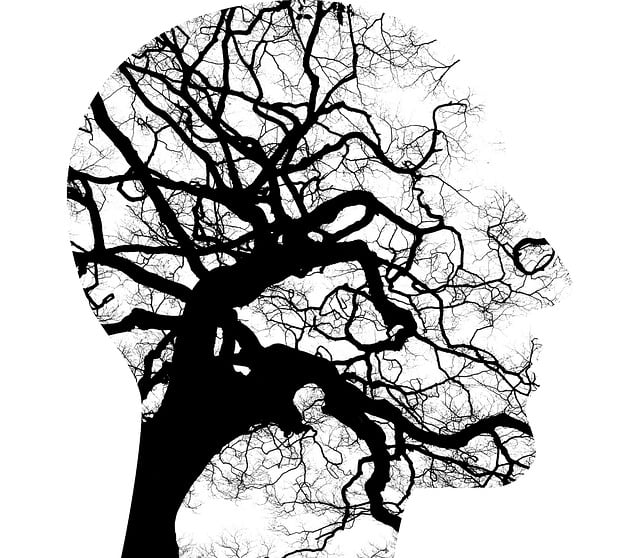Englewood Abuse Survivors Therapy (EAST) offers a community-driven approach to mental wellness after trauma, focusing on peer support and open communication. Group facilitators create safe spaces for participants to share experiences, build resilience, and learn coping skills through active engagement and interactive activities like art therapy or guided meditation. EAST principles emphasize emotional connections, empathy, confidentiality, and self-care practices to empower individuals in long-term recovery.
Mental wellness group facilitation plays a pivotal role in healing and empowerment, especially for survivors of trauma. This article explores the powerful approach of Englewood Abuse Survivors Therapy (EAST) as a foundation for creating supportive group settings. We delve into key techniques to foster safety and engagement, offering strategies for leaders to empower participants and facilitate meaningful connections. By understanding EAST principles, facilitators can enhance group dynamics, encouraging resilience and positive mental wellness.
- Understanding Englewood Abuse Survivors Therapy: A Foundation for Group Facilitation
- Key Techniques to Foster a Safe and Supportive Group Environment
- Empowering Participants: Strategies for Effective Group Leadership and Engagement
Understanding Englewood Abuse Survivors Therapy: A Foundation for Group Facilitation

Englewood Abuse Survivors Therapy (EAST) serves as a robust foundation for group facilitation, particularly when addressing mental wellness issues stemming from trauma. This therapeutic approach recognizes the power of peer support and community within group settings. By fostering a safe and non-judgmental environment, EAST encourages members to share their experiences, build resilience, and develop coping skills essential for long-term recovery. The technique emphasizes open communication strategies, enabling participants to express themselves honestly and explore different perspectives.
Group facilitators play a pivotal role in guiding these conversations, facilitating emotional connections, and promoting understanding among peers. Through the implementation of EAST principles, mental wellness coaching programs can be designed to support individuals in processing trauma, improving self-care practices, and cultivating healthy coping mechanisms. This holistic approach not only enhances participants’ ability to manage their mental health but also equips them with valuable communication strategies for navigating interpersonal relationships.
Key Techniques to Foster a Safe and Supportive Group Environment

Creating a safe and supportive group environment is paramount when facilitating mental wellness sessions, especially for survivors of abuse like those engaging in Englewood Abuse Survivors Therapy (EAT). Key techniques include establishing clear boundaries and expectations from the outset to ensure every participant feels respected and heard. This involves setting ground rules on confidentiality, active listening, and promoting an atmosphere where everyone’s perspectives are valued.
Encouraging open dialogue through exercises that foster emotional intelligence helps build trust within the group. Techniques such as reflective listening, empathy-building activities, and sharing personal experiences (when comfortable) can strengthen emotional connections. Moreover, integrating practices from Self-Care Routine Development for Better Mental Health becomes instrumental in empowering individuals to prioritize their well-being. By creating a safe space that encourages both vulnerability and self-care, trauma support services within the group setting can be immensely beneficial for participants’ long-term recovery and mental health.
Empowering Participants: Strategies for Effective Group Leadership and Engagement

In facilitating mental wellness groups, empowering participants is key to successful and meaningful sessions. Group leaders should encourage active engagement by fostering an environment that promotes open communication and mutual support. This involves creating a safe space where each member feels valued and respected, allowing them to share their experiences and insights freely. Techniques such as round-robin discussions, where every participant has a chance to speak, can help build camaraderie and ensure everyone’s voices are heard.
Additionally, incorporating interactive activities and exercises tailored to the group’s needs can boost participation. For instance, for Englewood Abuse Survivors Therapy groups, trauma-informed practices like art therapy or guided meditation can be powerful tools for self-expression and healing. By integrating these strategies, facilitators not only enhance engagement but also cater to diverse learning styles, which is crucial in preventing burnout among participants, especially considering the significance of Burnout Prevention Strategies for Healthcare Providers. Furthermore, promoting self-esteem improvement through positive reinforcement and goal-setting exercises can empower individuals to take charge of their mental wellness journeys.
Englewood Abuse Survivors Therapy (EAST) provides a powerful framework for group facilitators to create supportive environments, empowering participants to heal and grow. By implementing key techniques highlighted in this article—including active listening, structured activities, and promotion of open communication—facilitators can foster safety and engagement. These strategies ensure that each member feels valued, encouraging profound transformations within the group dynamic. Through effective leadership and tailored engagement, facilitators facilitate a supportive tapestry where participants find strength in shared experiences, ultimately enhancing their mental wellness journeys.














